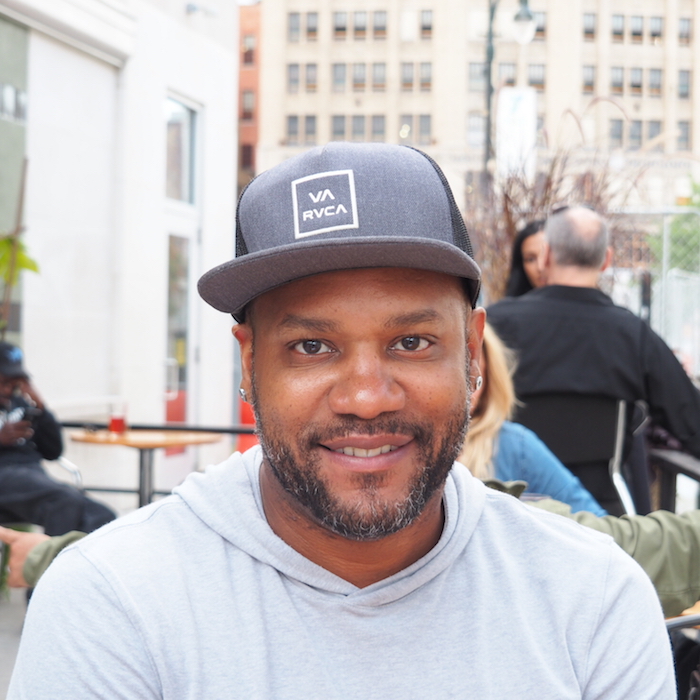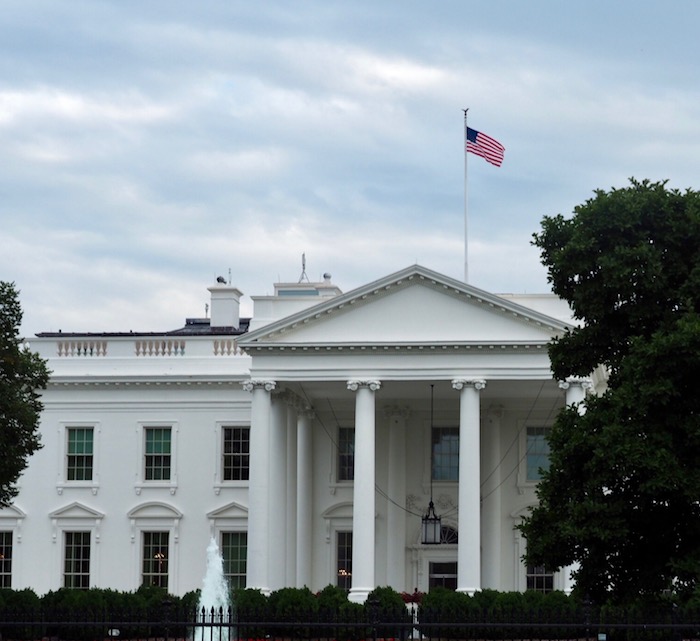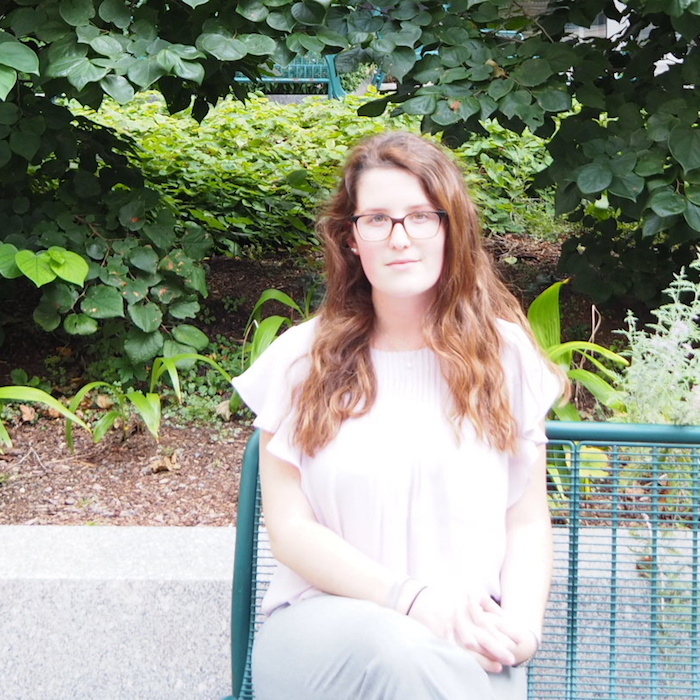Stan Hubbard is the Chairman and CEO of REELZ, a TV company based in Albuquerque, New Mexico that produced the Emmy award-winning show The Kennedys. A passionate conservative, he feels strongly that people on the coasts misjudge middle America and that all Americans should be able to pursue their own happiness.
American Politics:
The challenges facing American politics:
I think there are couple things that are (major) challenges to American politics. What Trump identified as the swamp – there’s a monstrous bureaucracy that is looking out for its own interests. It sucks up a lot of resources: money, time, thought.
I think if someone else identified the swamp other than Trump, it’d be more universally accepted. If you look at city government, county government, state government, it’s a massive number. If you look at the percent of GDP that’s government spending, it keeps going up. The swamp is a drain, and it’s a life of its own.
It needs to be shut down. But elected officials are a part of it. Once you get elected, what’s your number one priority? To get reelected. There are exceptions to both sides of the aisle. But not many.
I’m in the media business. One of the challenges for this country is that national media is based on the eastern seaboard between Washington and New York. They act alike. They think alike. There’s a groupthink. A tremendous sort of fear of getting off the reservation. The groupthink isn’t healthy. Local TV and newspaper are a little different. People in New York have different priorities than people here in Albuquerque. The media think people disagree and get into stuff that they don’t.
How the government should spend its money:
I think the spending priorities should be what were the original priorities. It should be keeping the citizens safe. It should be creating infrastructure that allows people the flow of people and ideas. We should spend money on schools, but the running of them should be left to the states and communities.
We’ve added an awful lot to the responsibilities of the federal government. For every dollar the federal government takes from citizens, how much do you think it sucks off? The friction is unbelievable. There are a lot of retailers who won’t take American Express because of how much it charges. Think about how much New Mexico gives, just to get money back!
They put in this train that goes from Albuquerque to Santa Fe. If you drive, it takes an hour. If you take the train, it takes an hour and forty minutes, and then you have to take a shuttle to where you want to go! You wonder why the feds put in all this money, and then the state has to put it in. That money could’ve gone somewhere else.
The Kennedy’s:
On the ethics of producing TV focused on history:
The History Channel killed a show called The Kennedys because the Kennedy family didn’t want it to run. It was a fantastic show, with a great cast. Why did they kill it? I don’t know what it was. Our network, REELZ, picked it up.
I’ll give you a simple test (for how I measure historical TV). When we bought the Kennedy series, I made an offer subject to seeing all eight hours. I said my test would be simple:
If it’s an abomination of history, I don’t want it. If it’s Kennedy bashing, I don’t want it. If it’s bad TV, I don’t want it.
In general, when you talk to people about the miniseries, people take it seriously. George Kinnear, who played Jack Kennedy, said that then he put his cufflinks on, he felt the weight of history on his shoulders.
The Kennedy Family might be emblematic of America:
The show dealt with things that nobody argues in history. Whether it was the extramarital affairs, or Marilyn Monroe, or the drug use by Jack and Jackie, mixed in with that was the greatness of the family, the things they were able to get done despite themselves, the show captured that.
Maybe that’s the American story for all of us: we were able to achieve greatness despite ourselves.
Being an American:
He doesn’t see “middle America” as a place:
I think middle America is a mindset. It’s mainly in the middle of the country. But it can be in New York and California. There’s definitely an elitist view of middle America. I think there’s a sense from politicians that they have to look out for middle America because people can’t do it themselves.
The things he wants his children to know about this country:
I’d like them to understand the history and founding of this country and the Constitution. I’d like them to understand that the government gave us no rights. We gave it rights. Never forget that all rights are controlled by us, and the government only gets what we give them. And once you give the government something, it’s really hard to get it back.
I’d like them to understand the sacrifices people made before them. That could be the Founding Fathers, and the risks they took. That could be the soldiers and generals who gave their lives. The families who let the soldiers go to war. The sacrifices that immigrants and immigrant families made to come to this country. They did it because they either were facing immediate persecution or wanted a better future for their families. All of those sacrifices made this country what it is.
We should celebrate the pursuit of happiness:
Being an American means you are able to pursue happiness as you see fit, as long as you’re living within the laws, as long as you’re treating your neighborhood and communities fairly and respectfully. Other than that, it’s wide open.
Your pursuit of happiness is to get in a car and drive 8,000 miles. Someone else’s is to work a job that gets them home at 4:30 so that they can be with their family. Someone else’s is to make sacrifices to build a business, create jobs, and have vast wealth. Part of other people’s pursuit of happiness is to join the military and potentially make the ultimate sacrifice. Everyone has a different path. That’s how this country was founded. Everybody can do it their own way.
Since I was a young guy in business, I feel like we’ve seen a shift in the starting point. In the eighties, I was at a conference, and a guy from Europe told me that we’re lucky to be in America because you can do anything you want unless there’s a specific law inhibiting it. I asked how that was different from Europe. He said in Europe, you can only do something if there’s a law or rule allowing it. In the 30 years since that conversation, we’ve shifted way more toward the European model. You need permission to do anything in business now. It’s slowing our economy down. It’s held back a lot of entrepreneurs, especially small ones.
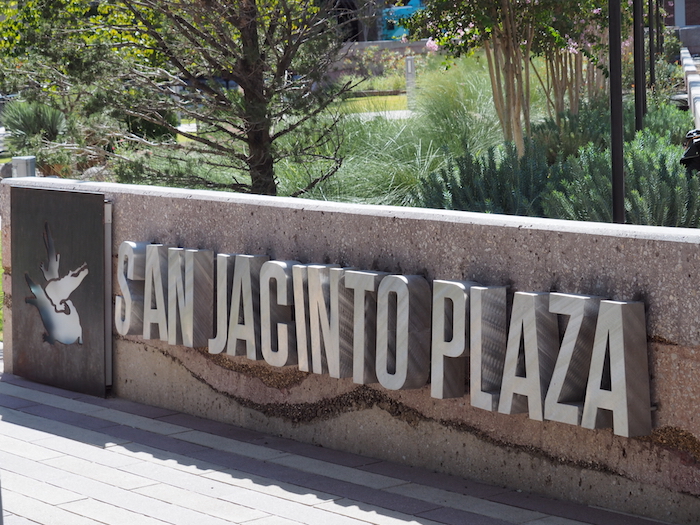
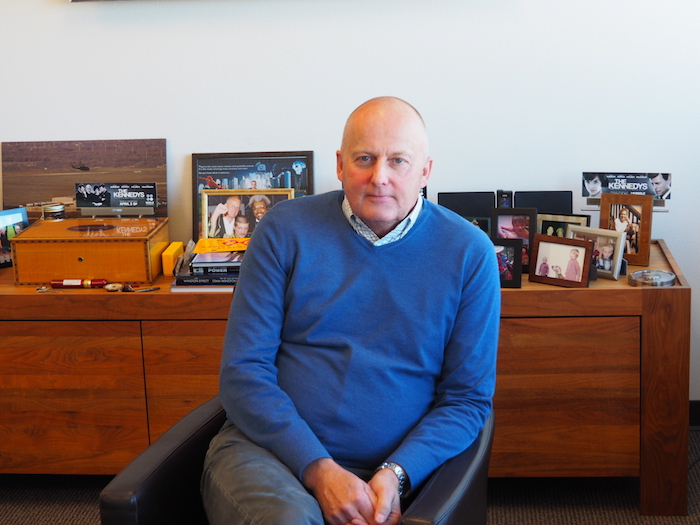
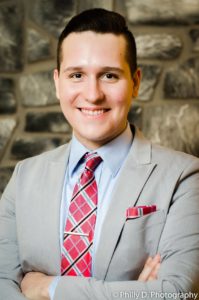 belief in state-created parity. Regardless of your feelings about Michael’s ideas, I would highly recommend reading this article he wrote in
belief in state-created parity. Regardless of your feelings about Michael’s ideas, I would highly recommend reading this article he wrote in 

